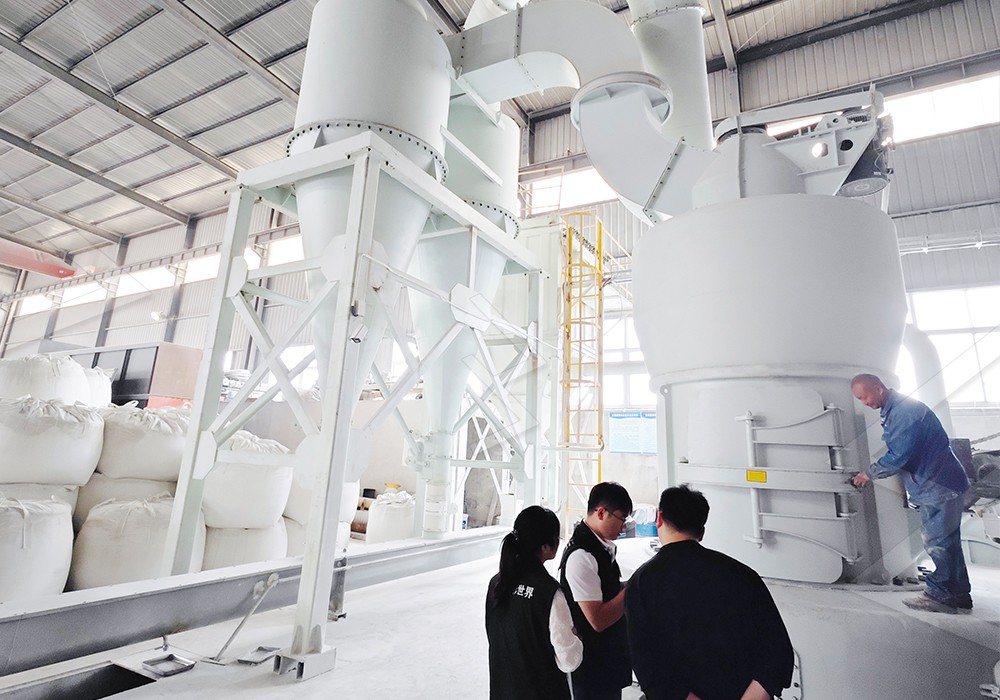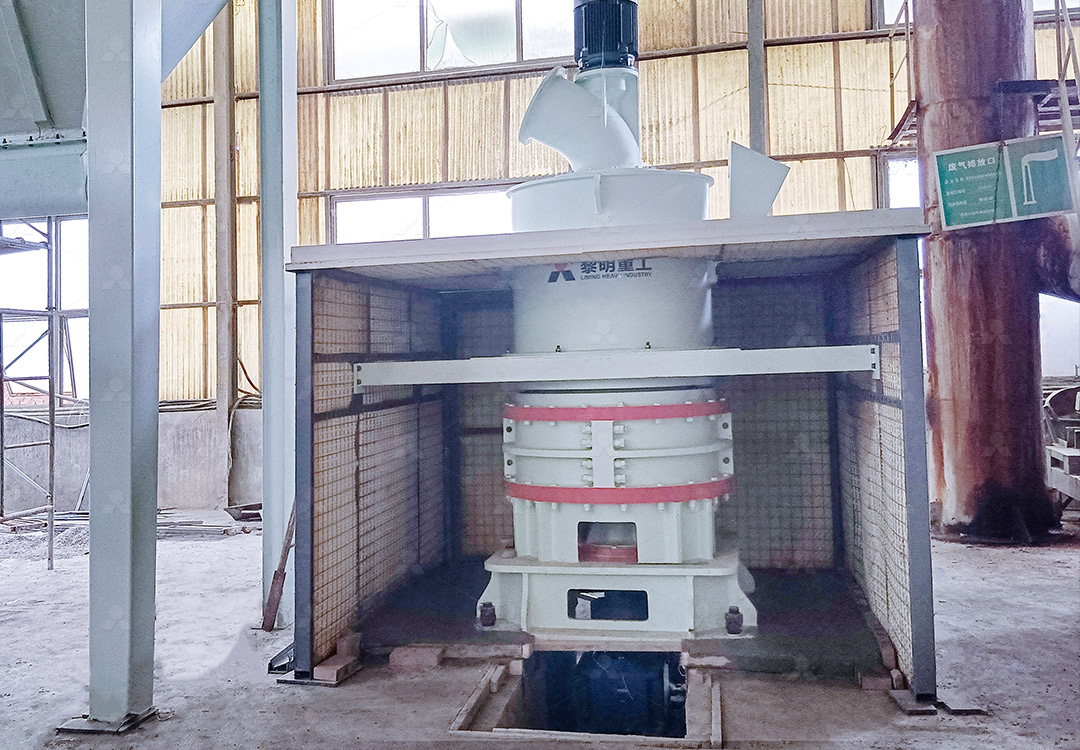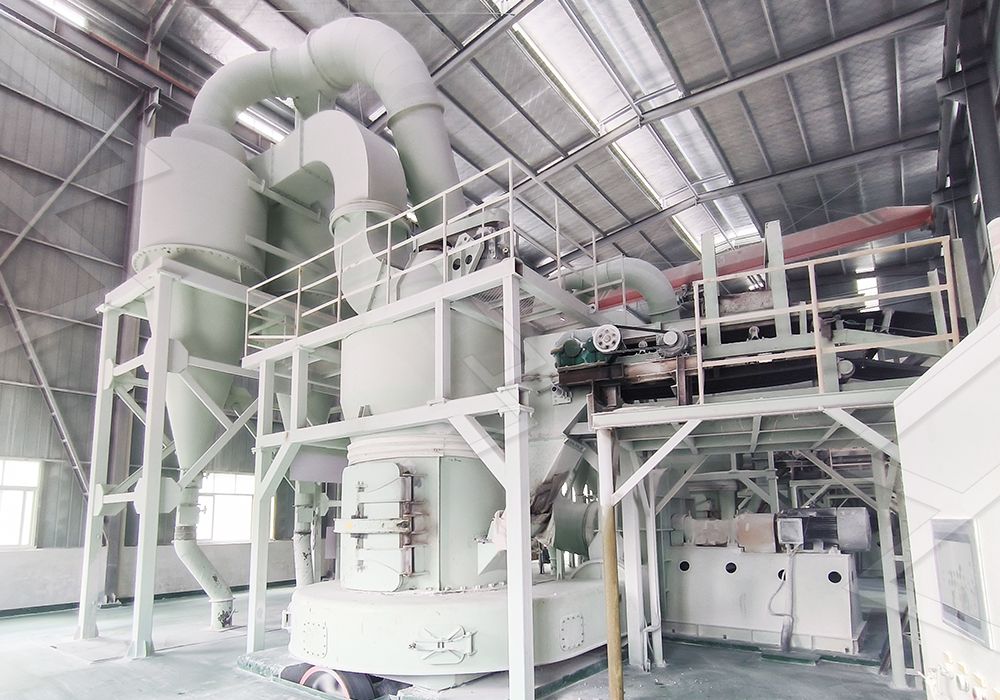Can Raymond Mill Grind Materials to 200 Mesh?
We provide a wide range of mills — including Raymond mill, trapezoidal mill, vertical mill, ultrafine mill, and ball mill, obtained ISO9001 international quality certification, EU CE certification, and Customs Union CU-TR certification. Suitable for processing minerals such as limestone, phosphate, quicklime, kaolin, talc, barite, bentonite, calcium carbonate, dolomite, coal, gypsum, clay, carbon black, slag, cement raw materials, cement clinker, and more.
The discharge range of these mills can be adjusted to meet specific processing needs, typically from 80-400 mesh, 600-3250 mesh, and can achieve the finest particle size of up to 6000 mesh(D50).
If you are looking for a reliable grinding solution to turn stone or minerals into fine powder, please feel free to contact our online customer service.
Can Raymond Mill Grind Materials to 200 Mesh?
This is one of the most frequent questions we encounter from customers in mineral processing and powder production industries. The straightforward answer is yes – Raymond Mill can indeed grind various materials to 200 mesh, but with certain considerations regarding efficiency, energy consumption, and material characteristics.
Traditional Raymond Mill systems, which have served industries reliably for decades, typically achieve fineness ranging from 80 to 325 mesh. Reaching the 200-mesh specification falls comfortably within this range for most common materials like limestone, calcite, dolomite, and gypsum. However, the efficiency at which this fineness is achieved, the energy consumed, and the consistency of the final product vary significantly depending on the mill’s design and technological features.

Beyond Basic Grinding: The Need for Advanced Technology
While the classic Raymond Mill can handle 200-mesh grinding, modern production demands often require higher efficiency, better environmental compliance, and more precise control over particle size distribution. This is where our advanced grinding solutions demonstrate their superior value.
For operations requiring consistent 200-mesh output with enhanced efficiency, we strongly recommend considering our MW Ultrafine Grinding Mill. This machine represents a significant technological leap forward, specifically engineered for customers who need to make ultra-fine powder with remarkable precision and lower operational costs.
Why Choose MW Ultrafine Grinding Mill for 200-Mesh Applications?
The MW Ultrafine Grinding Mill isn’t just capable of reaching 200 mesh – it excels at it. With an adjustable fineness range between 325-2500 meshes, achieving a consistent 200-mesh product is well within its optimized performance envelope. The mill’s cage-type powder selector, which incorporates German technology, ensures exceptional precision in powder separation, guaranteeing that your 200-mesh product meets the strictest quality standards.
What truly sets the MW series apart is its revolutionary design that eliminates rolling bearings and screws in the grinding chamber. This innovative approach means operators no longer need to worry about bearing damage or seal failures, and the common problem of loose screws causing machine damage is completely eliminated. The external lubrication system allows for maintenance without shutdowns, supporting continuous 24-hour production crucial for modern manufacturing operations.

Economic and Environmental Advantages
When comparing grinding solutions for 200-mesh production, the economic benefits of the MW Ultrafine Grinding Mill become immediately apparent. The newly designed grinding curves of the grinding roller and ring enhance grinding efficiency substantially. Compared to jet mills and stirred grinding mills operating at the same fineness and power, the MW series delivers 40% higher production capacity. Even more impressively, its yield doubles that of traditional ball grinding mills while consuming only 30% of the energy required by jet grinding mills.
Environmental compliance is another area where the MW Ultrafine Grinding Mill outperforms conventional Raymond Mills. The integrated efficient pulse dust collector ensures no dust pollution during operation, while the silencer and noise elimination room significantly reduce operational noise. The entire production process adheres strictly to national environmental protection standards, making it an ideal choice for operations in environmentally sensitive areas or those subject to strict regulatory requirements.
Applications and Material Compatibility
Both Raymond Mill and our advanced MW Ultrafine Grinding Mill successfully process a wide range of materials to 200 mesh, including limestone, calcite, dolomite, petroleum coal, gypsum, barite, marble, talc, and various coal powders. The applications span across chemical industries, paint production, cosmetics, pharmaceuticals, and food additives.
For operations that require even finer grinding capabilities or process more diverse material types, our LUM Ultrafine Vertical Grinding Mill presents another excellent option. Independently designed with years of grinding mill experience, the LUM integrates the latest Taiwanese grinding roller technology and German powder separating technology, making it a premier choice in the ultrafine powder grinding industry.

Making the Right Choice for Your Operation
While Raymond Mill remains a viable option for 200-mesh grinding, forward-thinking operations are increasingly transitioning to more advanced solutions like the MW Ultrafine Grinding Mill. The decision ultimately depends on your specific production requirements, budget considerations, and long-term operational goals.
For operations prioritizing energy efficiency, environmental compliance, lower maintenance costs, and higher production yields, the MW series represents the clear technological and economic advantage. Its ability to precisely control fineness while reducing operational expenses makes it particularly valuable in competitive markets where production efficiency directly impacts profitability.
Frequently Asked Questions
Q: Can a standard Raymond Mill consistently produce 200-mesh powder?
A: Yes, traditional Raymond Mills can achieve 200-mesh fineness, but with varying efficiency and energy consumption compared to more advanced mills like our MW series.
Q: What is the main advantage of using MW Ultrafine Grinding Mill for 200-mesh production?
A: The MW series offers 40% higher production capacity than jet mills and twice the yield of ball mills at the same fineness, while consuming only 30% of the energy of jet mills.
Q: How does the MW Ultrafine Grinding Mill handle environmental regulations?
A: It comes equipped with an efficient pulse dust collector for zero dust pollution and noise reduction features, ensuring full compliance with national environmental standards.
Q: What materials can be ground to 200 mesh using these mills?
A: Both can process limestone, calcite, dolomite, gypsum, barite, talc, coal powder, and various other non-metallic minerals.
Q: How does the maintenance of MW Ultrafine Grinding Mill compare to Raymond Mill?
A: The MW series requires less maintenance due to its innovative design without rolling bearings and screws in the grinding chamber, and features external lubrication that allows maintenance without shutdowns.
